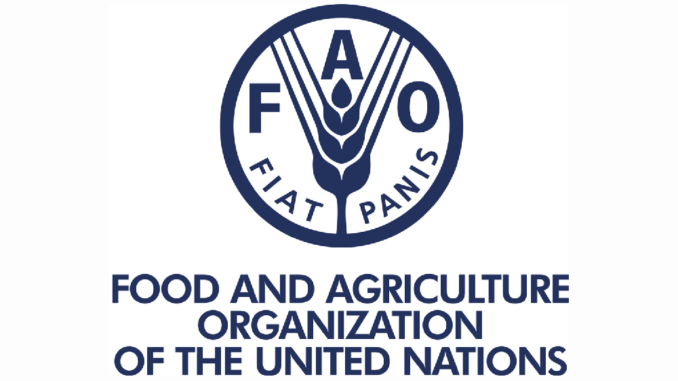Through a press release, the representation in Cuba of the UN organization explained that the initiative, started in 2021, contributed to the formation of capacities to strengthen the country’s undertakings in terms of municipal self-sufficiency, as well as urban, suburban and family agriculture.
For this purpose, two key areas were defined to achieve a greater impact on food production during the post-pandemic recovery stage, one linked to local seed production and the other to agroecological pest management.
According to the report, FAO and the Cuban Ministry of Agriculture (MINAG) held last week the closing workshop of the technical assistance Support in the response to Covid-19 to maintain the functioning of food systems.
Directors, officials and researchers from MINAG, the Ministry of Public Health, the Plant Health Research Institute (INISAV), the National Center for Agricultural Health, the Institute of Meteorology, as well as experts in risk and disaster reduction from the FAO office for Mesoamerica participated in the meeting.
In addition to technical collaboration, the agency provided 26 modules of agricultural tools for urban organic gardens, patios and plots in Santiago de Cuba, Granma and Havana, according to MINAG specialist Lianne Ortiz.
For her part, Marlene Veitía, director of the Plant Health Research Institute, pointed out the exchanges of knowledge on agroecological pest management in the three regions of the national territory, with the help of the FAO. Likewise, she highlighted the delivery of equipment to the department of production technologies for biological control agents of INISAV and the seed laboratory of the Alejandro of Humboldt Institute for Fundamental Research in Tropical Agriculture.
FAO also offered technical assistance to small producers to face Covid-19 and extreme hydrometeorological events.
During the workshop, the Cuban Agricultural Health Center presented the main advances in the implementation of the One Health approach in food production, based on the principles promoted by the FAO and the World Health Organization.
 Escambray ENGLISH EDITION
Escambray ENGLISH EDITION





Escambray reserves the right to publish comments.